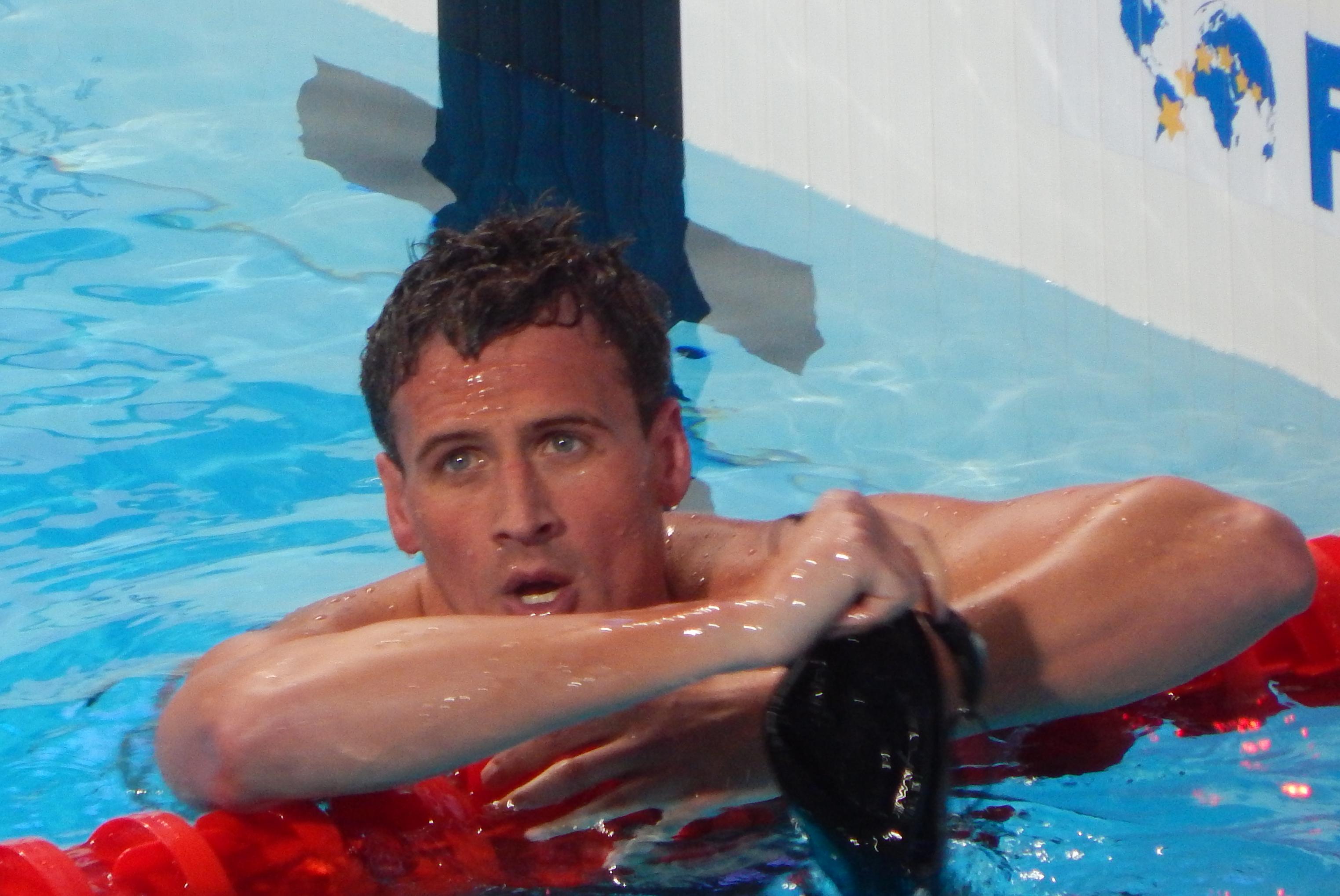In a crossroads of white privilege, prosperity and athletic ability stands the ever-so-charming Ryan Lochte. He skyrocketed into instant stardom after an impressive showing in the 2008 Olympics, and even more so after the 2012 Olympics. He landed sizable endorsements from Speedo, Gillette and Gatorade. He even starred in a short-lived reality television show: What Would Ryan Lochte Do? Before this week, you probably knew him as the friendly bro who raced with Michael Phelps. In short, he is arguably the second most recognizable face of American swimming.
All that positive press made his recent descent from his pedestal all the more shocking. There’s no doubt that the Rio Olympics were bittersweet for Lochte in terms of athletic performance. His only medal came from the men’s 4x200m freestyle relay and his individual events fell well below his personal best. But, of course, this was not his most disappointing performance from the past two weeks.
On Aug. 14, Lochte publicly claimed that individuals dressed as Brazilian police had robbed him and three of his American teammates at gunpoint. Unsurprisingly, the reaction was electric. America’s golden boy was robbed on the mean streets of Rio. Such an accusation confirmed the worst fears of many in the western world: Rio is simply unsafe.
From the moment the story broke, the response was mixed. Some were skeptical. Parts of his story did not add up, and as the days went on, he appearing to change details. Others rushed to his defense, seemingly painting him as a sweet blue-eyed boy caught up in some trouble. It’s entitlement in the most clear sense: A privileged, first-world white boy comes to Brazil, vandalizes property, claims the police robbed him in an effort to cover up his intoxicated party bender and the media initially take his side.
In a half-hearted interview with Matt Lauer, Lochte backpedaled his comments by somberly repeating phrases such as, “I’m embarrassed for my team,” and “That’s for the world to decide,” when confronted about his lies. His public apology felt a lot like a little boy apologizing because his mother forced him. The problem is: Ryan Lochte is not a little boy and the American public is not his mother.
Both Brazil and the United States share important commonalities in the context of this story. Both countries struggle with income inequality and police conduct. These factors illuminate exactly why Lochte’s statements are incredibly meaningful and harmful. He used his position of power to claim that the very fabric of Rio de Janeiro was corrupt. He played on the western media coverage of the city’s troubled past and fed into the stereotypes of an unsafe and mismanaged Olympic games. He knew exactly what type of damage such a statement would cause coming from a high profile athlete such as himself.
Despite his undeniable swimming talent, he does not get a free pass. Prominent athletes should be held accountable for their actions, even the drunk ones. Lochte has said that he wants to be a role model for “little kids” who watch him swim, and I think he still can be. Lochte owes an apology to the Brazilian police, the citizens of Rio de Janeiro and Americans who travel internationally. He needs to accept his punishment to show future Olympians that stardom and charm are not excuses for bad behavior.
Grace Myers is a freshman physiology and neurobiology major. She can be reached at grace_m_myers@yahoo.com



